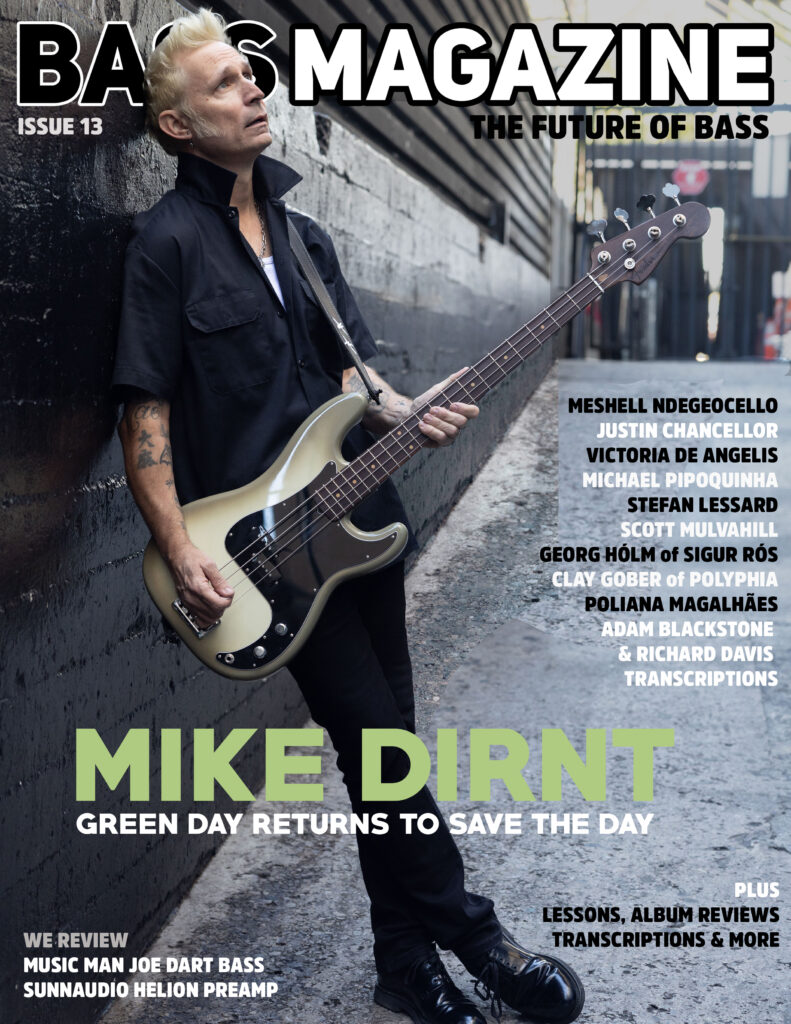Avery Sharpe’s 400 Is A Musical Portrait Of The African American Experience
Once heralded as a “young lion” of jazz, Avery Sharpe is now a savvy 65-year-old veteran of performing, recording, composing, and teaching. Perhaps best known for his long association with pianist McCoy Tyner, Sharpe has backed many jazz greats and has led his own groups, playing both upright and electric bass, and recorded 13 albums for his label, JKNM Records. His latest is 400: An African American Musical Portrait, which was released earlier this year. It is a brilliant, wide-ranging suite with ten tunes, all but one composed by Sharpe, that present a musical overview of the African American experience, from the arrival of the first slave ship in 1619 to the present day.
In the album’s liner notes, David Adler compares 400 to Duke Ellington’s Black, Brown and Beige. It’s an apt comparison. Just as Ellington did in 1943, Sharpe has used the expressive power of his compositions to present an historical perspective that uses both words and music to communicate with — and e









